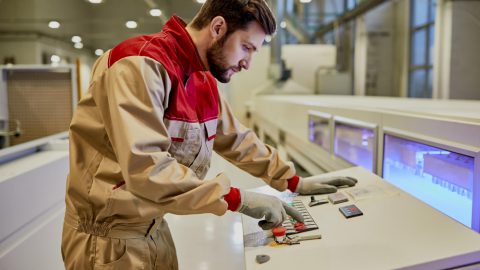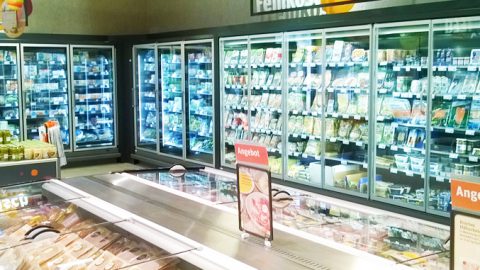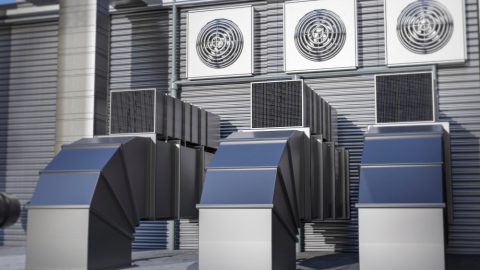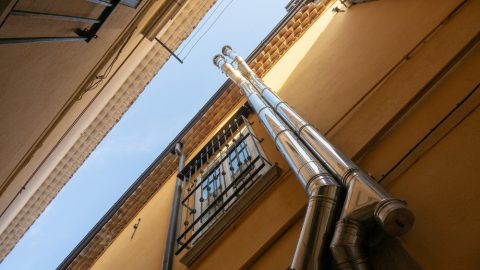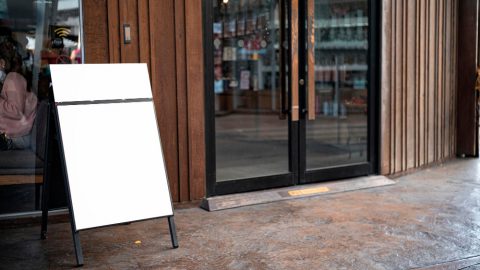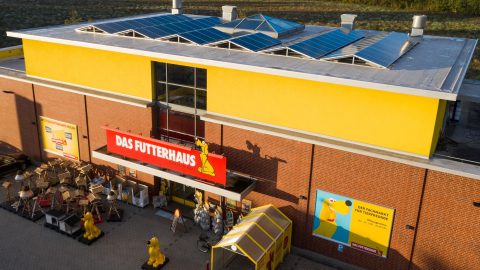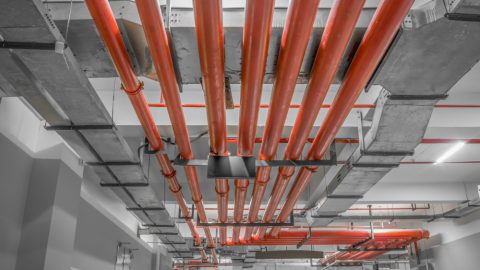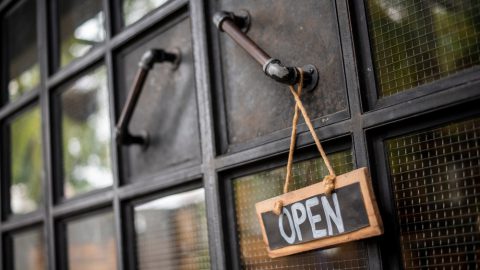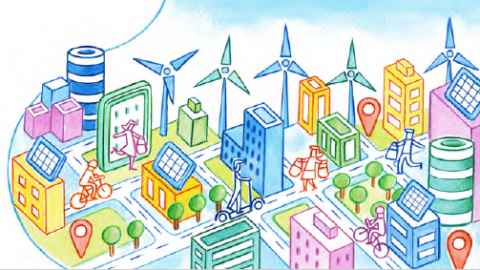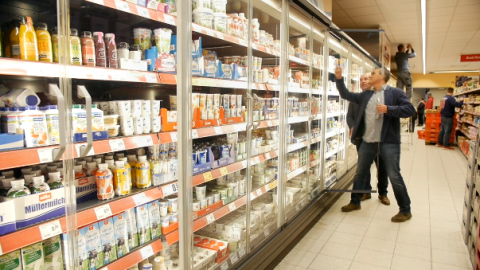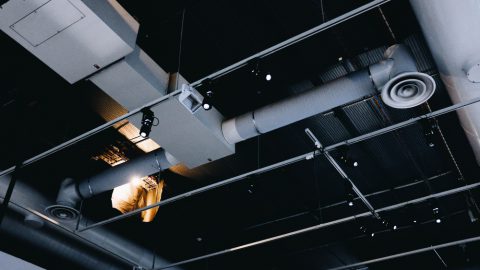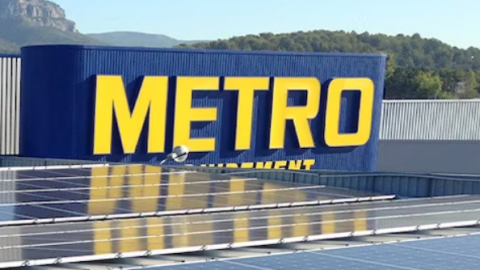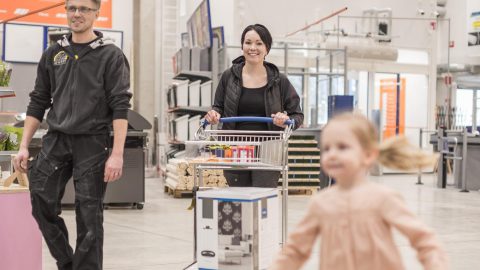SOCR ČR has shared with members some best practices for heating. First, members are advised to reduce the temperature in stores, warehouses, and headquarters, as long as they remain within the gramework of hygiene standards. For example, they recommend setting the temperature to 18°C on the sales floor and 20°C in the office premises. SOCR ČR includes a possible temperature reduction for hot water within the limits of hygiene and food standards. They also give members a list of best practices in regards to doors, including a review of the opening time, a reduction in the number of open doors, and a winter door mode. Further, SOCR ČR recommends that opening hours for receiving goods should be in accordance with store opening hours. And at the start of the heating season, boiler rooms and equipment should be inspected. In some establishments, it may be appropriate to replace gas water boilers can be replaced with electric ones. In stores with a gas boiler, the air conditioning can be switched to heating mode in the winter.


